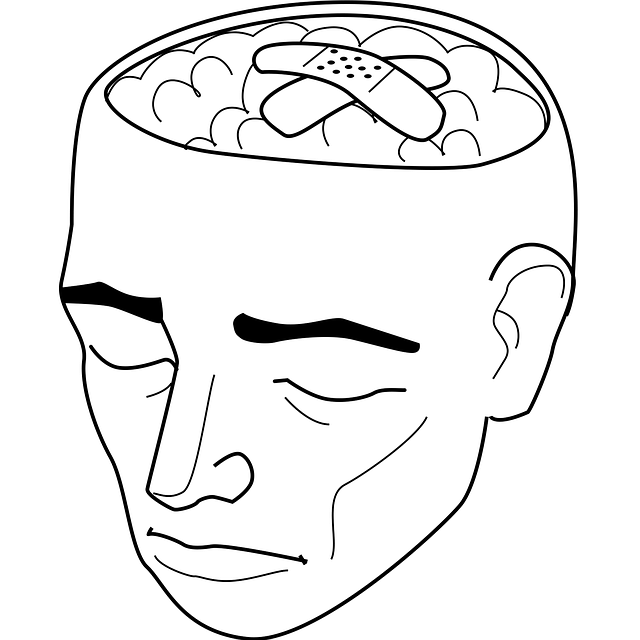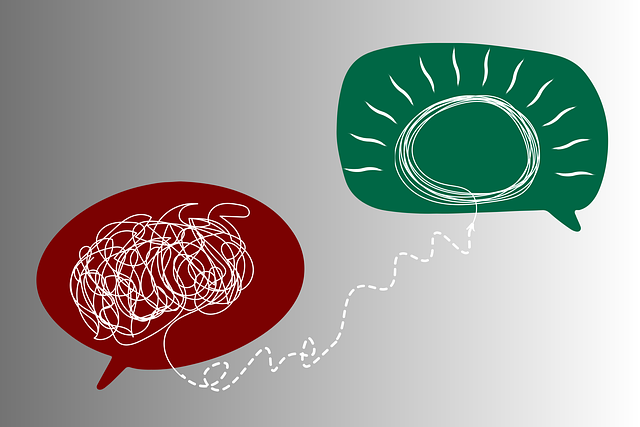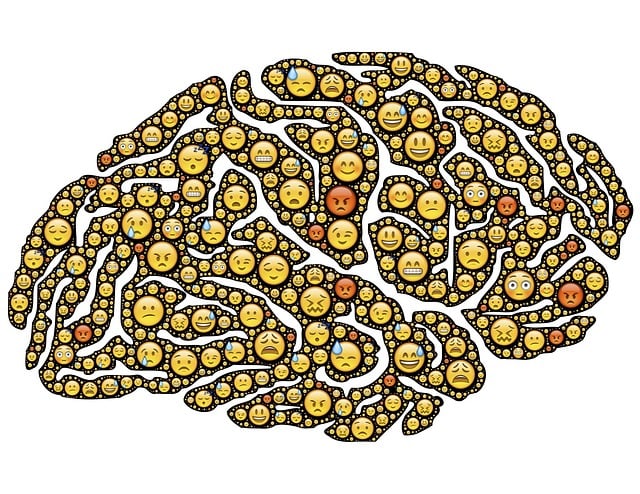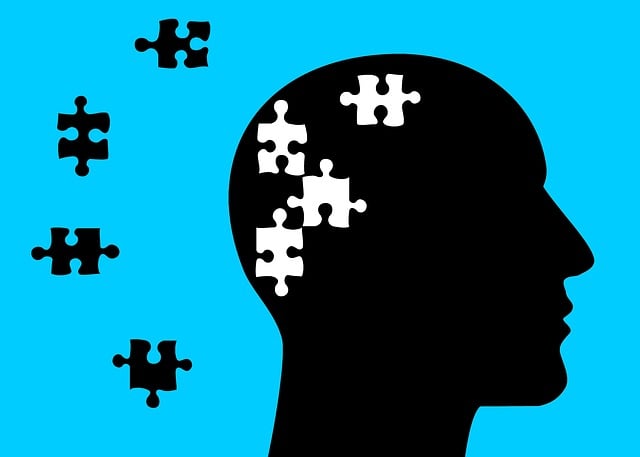Louisville Cognitive Processing Therapy (LCPT) is an innovative crisis intervention approach that goes beyond static methods by addressing the dynamic interplay of thoughts, feelings, and behaviors during emotional crises. This holistic therapy identifies cognitive distortions, fosters balanced perspectives, and equips individuals with coping strategies for immediate and long-term well-being. LCPT's comprehensive assessment considers cultural backgrounds, while its evidence-based strategies, including risk management planning, enhance mental health professional toolkits. Post-crisis support through LCPT builds resilience, teaches stress management, and promotes healthier emotional expression, all integral to recovery and enhanced mental wellness.
“In times of crisis, effective intervention strategies are vital for guiding individuals towards resilience and recovery. This article explores a structured approach using Louisville Cognitive Processing Therapy (LCPT) as a framework. We delve into understanding crisis intervention, assessing clients’ unique needs, and implementing evidence-based LCPT techniques. Additionally, we highlight the importance of post-crisis support in fostering recovery. By combining these elements, professionals can provide tailored guidance, ensuring individuals navigate challenging situations with enhanced coping mechanisms.”
- Understanding Crisis Intervention: A Louisville Cognitive Processing Therapy (LCPT) Perspective
- Assessing the Individual: Identifying Needs and Strengths in LCPT
- Implementing Evidence-Based Strategies: Techniques from LCPT for Effective Interventions
- Post-Crisis Support and Recovery: Nurturing Resilience with LCPT
Understanding Crisis Intervention: A Louisville Cognitive Processing Therapy (LCPT) Perspective

Crisis intervention is a critical skill set for any mental health professional, as it often involves immediate and effective support for individuals facing severe emotional distress or traumatic events. From the perspective of Louisville Cognitive Processing Therapy (LCPT), this approach focuses on helping clients understand and process their experiences to promote emotional well-being. LCPT views crisis not as a static state but as a dynamic process, allowing therapists to guide individuals through the emotional healing processes.
The therapy emphasizes the connection between thoughts, feelings, and behaviors, recognizing that during a crisis, cognitive distortions can intensify negative emotions. By identifying and challenging these thought patterns, LCPT aims to facilitate a more balanced perspective, enabling clients to develop effective coping strategies. Through this process, mental health professionals can aid individuals in managing acute situations while also fostering resilience for long-term emotional well-being, incorporating techniques from Mental Health Education Programs Design to empower clients with the knowledge and skills needed for self-care.
Assessing the Individual: Identifying Needs and Strengths in LCPT

Assessing an individual using Louisville Cognitive Processing Therapy (LCPT) involves a meticulous process to uncover their unique needs and strengths. This approach recognizes that every person is different, and tailoring interventions accordingly is key to effective crisis support. By employing LCPT techniques, healthcare providers can gain valuable insights into an individual’s cognitive patterns and emotional responses, which are often at the root of their challenges.
During assessment, therapists encourage clients to explore their thoughts, feelings, and behaviors, fostering higher emotional intelligence. This process helps identify maladaptive thinking patterns that contribute to distress and may indicate underlying conditions such as depression or anxiety disorders. Moreover, LCPT promotes cultural competency among healthcare providers, ensuring a nuanced understanding of the individual’s background, which can significantly impact their mental health journey.
Implementing Evidence-Based Strategies: Techniques from LCPT for Effective Interventions

Implementing evidence-based strategies is a cornerstone of effective crisis intervention, and Louisville Cognitive Processing Therapy (LCPT) offers valuable techniques to enhance mental health professionals’ toolkit. LCPT focuses on identifying and modifying maladaptive thinking patterns, which can be particularly useful during crises. By teaching clients to challenge negative thoughts and replace them with more realistic and balanced perspectives, mental health professionals can empower individuals to manage stressful situations more effectively.
This approach integrates well with Social Skills Training, a component often utilized in conjunction with LCPT. By enhancing social interaction skills and fostering healthier relationships, individuals are better equipped to seek support and navigate challenging scenarios. Additionally, Risk Management Planning for Mental Health Professionals plays a crucial role in ensuring the safety of both clients and practitioners during crisis interventions. Incorporating these evidence-based techniques, tailored to the unique needs of each individual, contributes to positive outcomes and promotes mental wellness, as highlighted in our popular Mental Wellness Podcast Series Production.
Post-Crisis Support and Recovery: Nurturing Resilience with LCPT

Post-crisis support is an integral part of the healing process, and Louisville Cognitive Processing Therapy (LCPT) offers a powerful framework for fostering resilience among individuals who have experienced traumatic events. LCPT focuses on helping clients make sense of their experiences, challenge unhelpful cognitive distortions, and develop adaptive coping strategies. Through this therapeutic approach, individuals can gain insights into their thoughts and emotions, leading to improved mental health and enhanced emotional intelligence.
By integrating LCPT techniques, Mental Health Education Programs Design can be tailored to meet the specific needs of those facing crisis situations. This includes teaching stress management skills, promoting healthy emotional expression, and fostering a sense of control and optimism. Such interventions aim to empower individuals to navigate challenges effectively, build resilience, and recover from crises with greater equanimity.
Louisville Cognitive Processing Therapy (LCPT) offers a comprehensive approach to crisis intervention, addressing both immediate needs and long-term recovery. By understanding individual strengths and weaknesses through thorough assessment, LCPT guides practitioners in implementing evidence-based strategies to support those in crisis. Post-crisis care is integral to fostering resilience, ensuring individuals can navigate future challenges with enhanced coping mechanisms. This holistic perspective positions LCPT as a powerful tool for effective crisis intervention and recovery.














